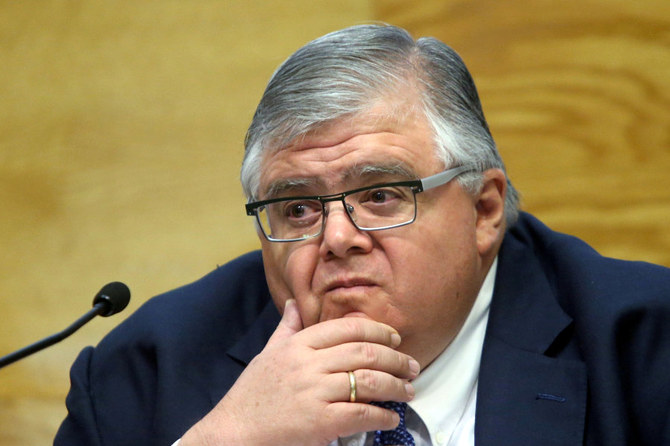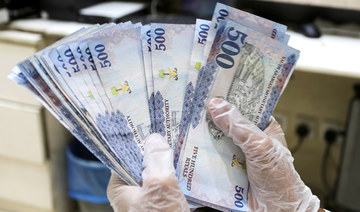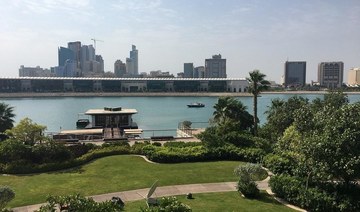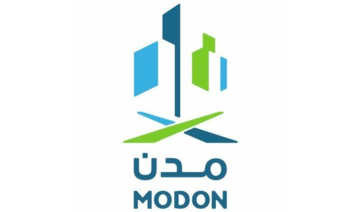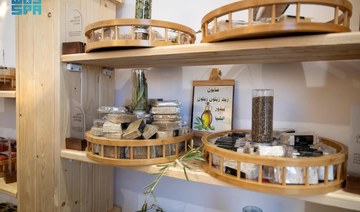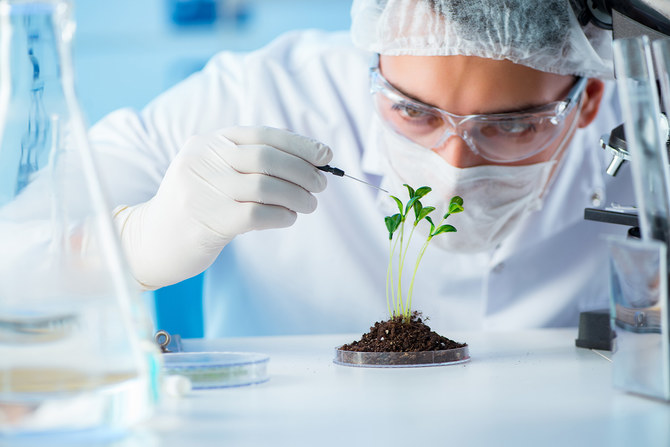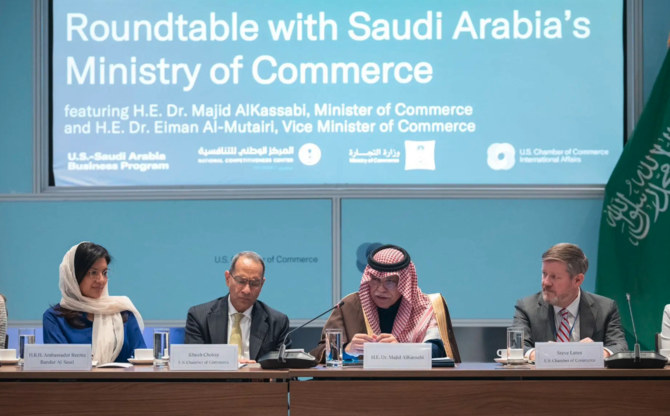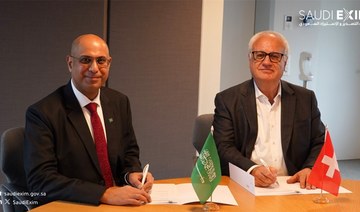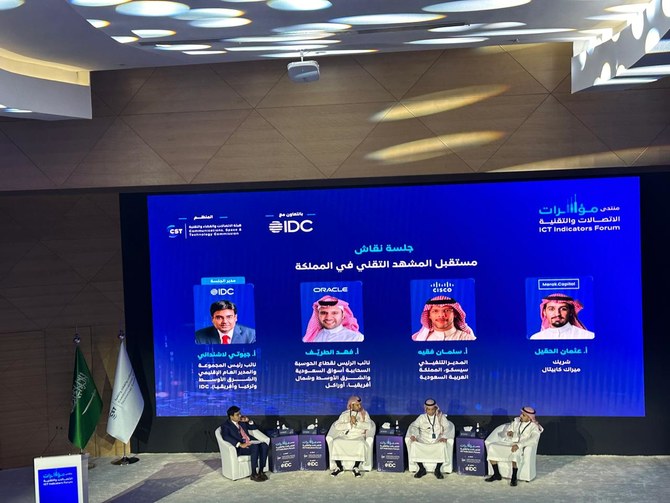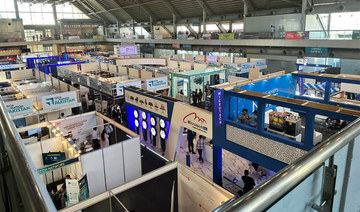LONDON: Governments and central banks need to step up efforts urgently to support their economies in the face of the coronavirus crisis, the head of the Bank for International Settlements said on Sunday.
General Manager Agustín Carstens, who heads the BIS — an umbrella group for the world’s central banks — wrote an opinion piece on Sunday saying “urgent” solutions beyond those used during the 2008 financial crisis were needed.
Rules brought in after the 2008 crash were designed to prevent banks overextending themselves, but the worry now is that they are not stepping in and lending when the capital markets have slammed shut for many firms.
FASTFACTS
- Agustín Carstens, who heads the BIS, wrote an opinion piece on Sunday saying urgent solutions beyond those used during the 2008 financial crisis were needed.
- Rules brought in after the 2008 crash were designed to prevent banks overextending themselves, but the worry now is that they are not stepping in and lending when the capital markets have slammed shut for many firms.
“To give viable businesses a lifeline to tide them over the economic sudden stop wrought by Covid-19, a solution is needed to complete the last mile from potential lenders to those firms at the edge of the precipice,” Carstens said.
Major central banks have rushed to pour trillions of dollars worth of emergency funding into the global banking system but that money needed to reach those who need it, Carstens said.
A first step toward bridging what he called “the last mile” would be for banks to use their capital buffers while “a global freeze on bank dividends and share buybacks,” was also needed.
A second step he recommended would be government-guaranteed loans by banks to small and medium firms, equal to the amount of taxes each paid last year, although it should only go to those that were profitable last year to limit scope for corruption.



